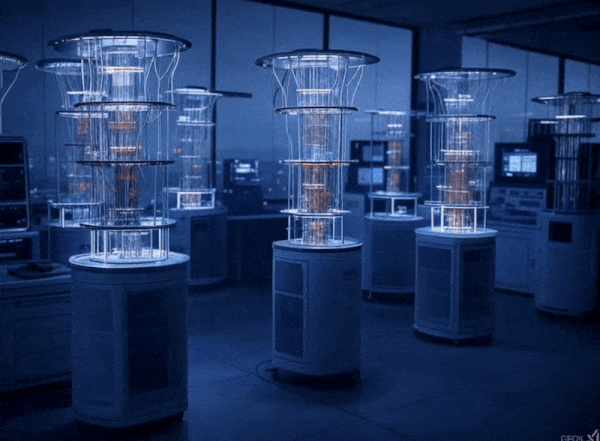Quantum computing is making headlines again, with Microsoft researchers claiming to have created a new state of matter, a breakthrough that could significantly advance the field. This follows Google’s recent progress in chip design, both of which sparked renewed investor interest in the technology. Unlike traditional computers, which process information in binary bits (0s and 1s), quantum computers use qubits that exist in multiple states simultaneously, allowing for complex calculations at unprecedented speeds.
The potential applications of quantum computing are vast, spanning drug discovery, materials science, and cybersecurity. However, skepticism remains about whether these scientific breakthroughs can translate into commercially viable technology. While quantum computing holds immense promise, experts debate how soon and to what extent it will impact industries and everyday life.
Why It Matters: Quantum computing could revolutionize industries by solving problems that are currently infeasible for even the most advanced supercomputers. From creating life-saving drugs to enhancing encryption methods, its potential impact is enormous. However, challenges remain in scalability, error correction, and commercialization, making the timeline for widespread adoption uncertain.
- Quantum Computers vs. Classical Computers – Traditional computers use bits, while quantum computers use qubits, which can exist in multiple states simultaneously. This allows them to solve complex problems exponentially faster than classical computers.
- Microsoft’s Claim of a New State of Matter – Researchers at Microsoft announced they had created a topological superconductor, which could lead to more stable and scalable quantum computers. If proven, this could drastically accelerate the field.
- Potential Industry Applications – The technology could revolutionize drug discovery, battery technology, and financial modeling by enabling rapid simulations and problem-solving that classical computers struggle with.
- Security Concerns – A powerful quantum computer could break modern encryption, posing risks to data security. However, researchers are already working on quantum-resistant encryption methods.
- Uncertain Timeline for Commercialization – While optimistic estimates suggest that we could see widespread use within years, others believe it may take decades before it becomes commercially viable and accessible.
Go Deeper -> What Could Quantum Computing Actually Do? – WSJ Podcasts






